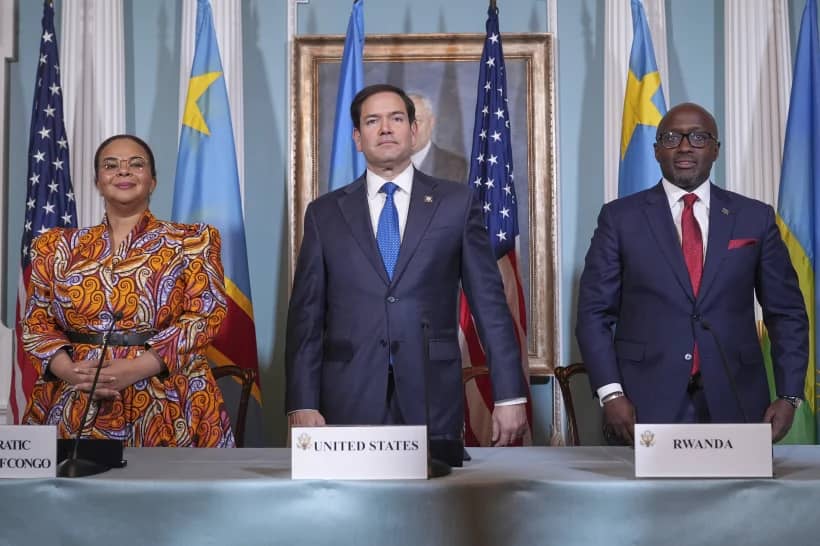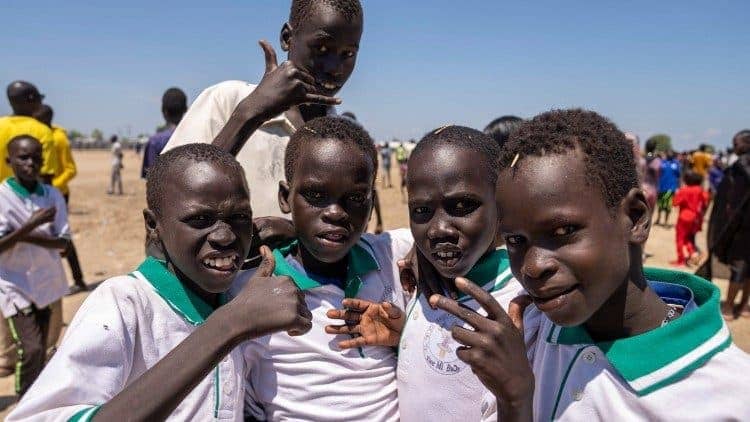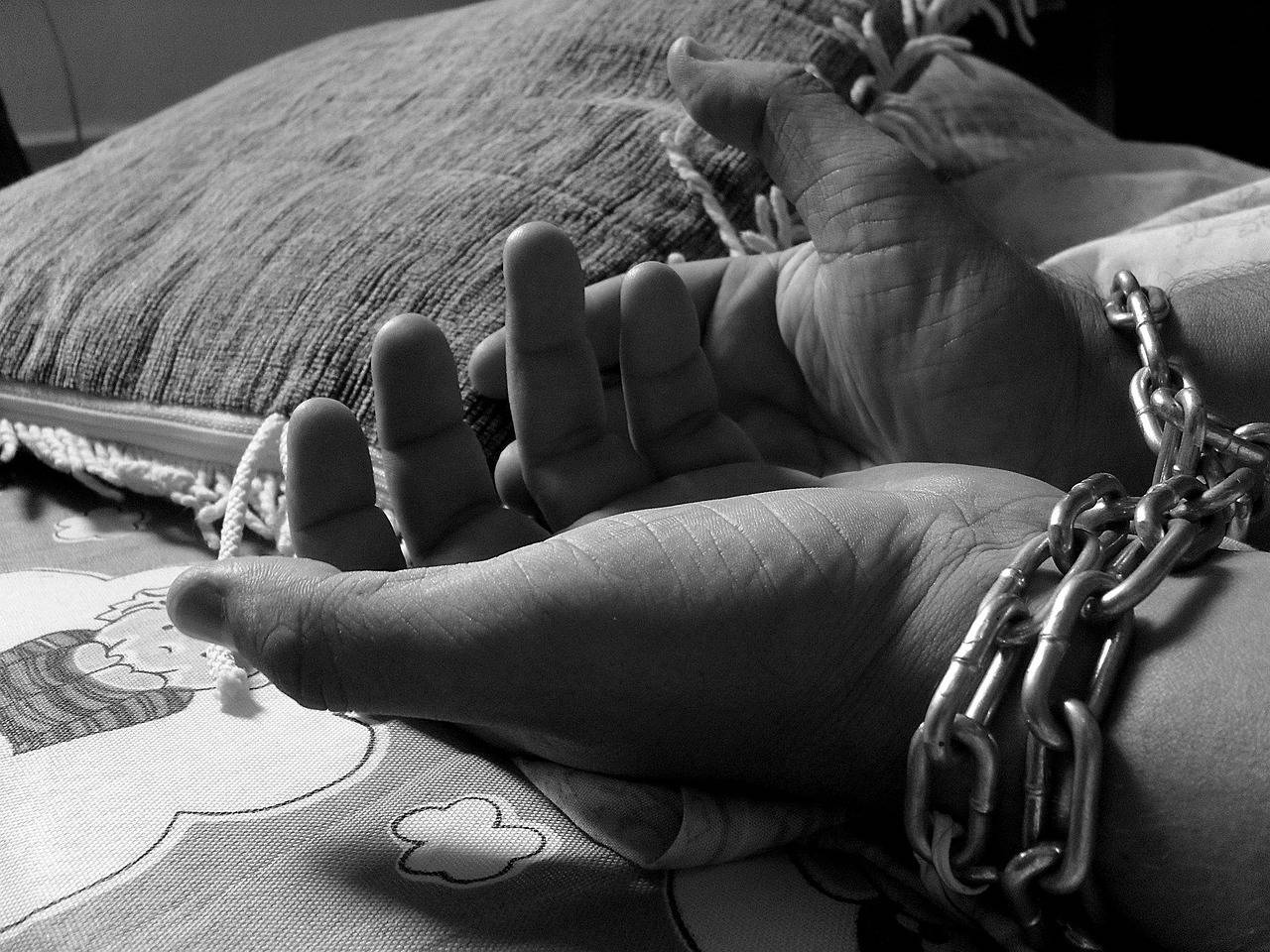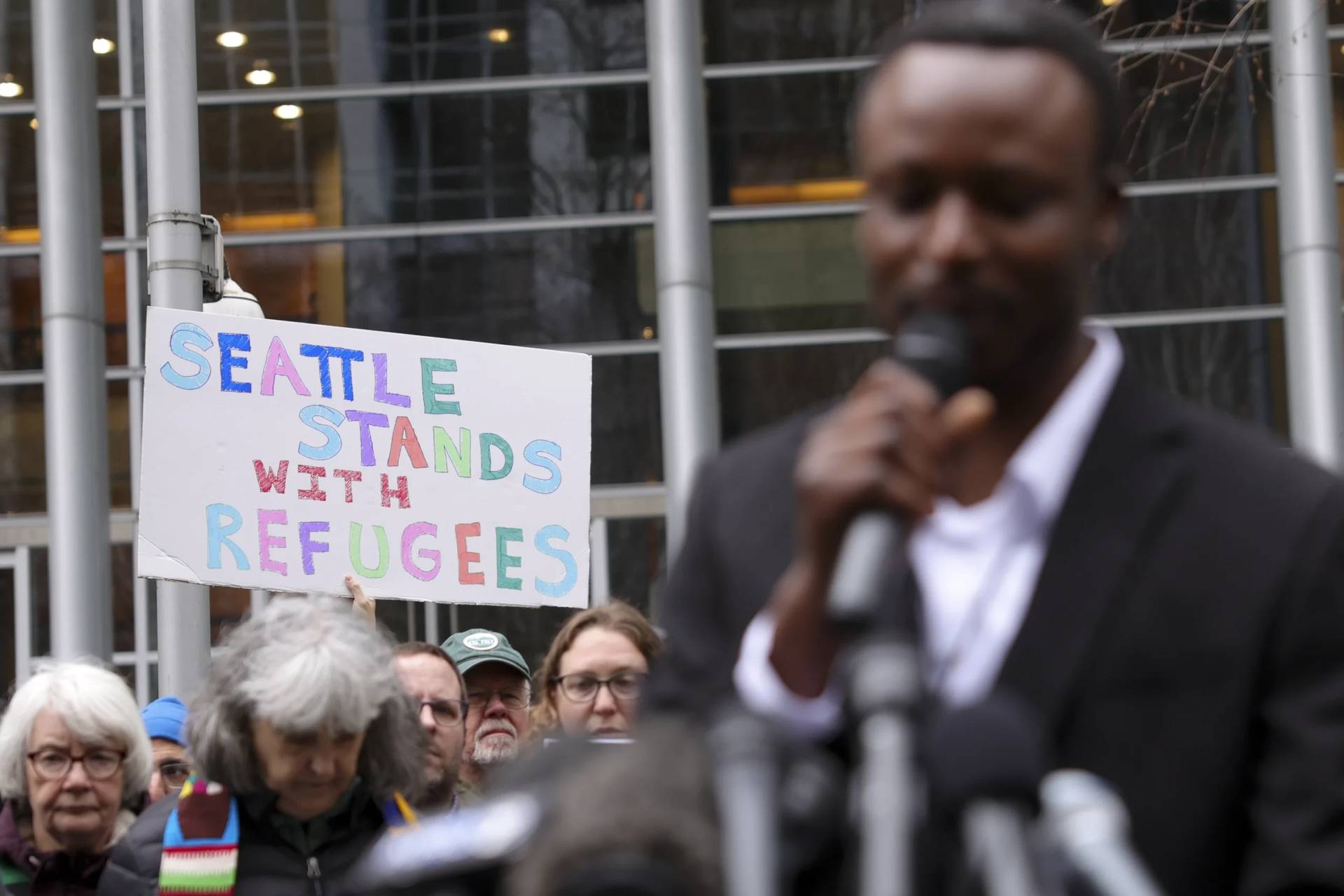NAIROBI, Kenya — A controversy surrounding the installation of a new archbishop of Juba has met stiff resistance, with a group of clerics and laypeople rejecting the Vatican’s choice.
Archbishop Stephen Ameyu Mulla, former bishop of Torit is set to be installed March 22 to succeed retired Archbishop Paulino Lukudu Loro of Juba. But the planned installation has triggered a storm, with groups threatening violence and disruptive actions, including closing down all churches in the archdiocese.
On March 8, the dispute took a violent twist when at least 60 young people attacked the Juba residence of Father Nicholas Kiri, the priest assigned to oversee the installation ceremony.
Lukudu Loro condemned the violence and called for the calm in the archdiocese he has led for nearly 37 years.
“I urge all diocesan priests, religious and faithful … to refrain from violent activities and desist from violent threats and hostilities,” the retired archbishop said in a news release March 9.
“We are capable of solving our own issues and differences through dialogue,” said the 79-year-old archbishop, while urging the clergy to join in uniting the people and shun actions that trigger animosity and violence.
Local media reported the archbishop said he believed some South Sudanese did not think the appointment process was transparent and believed the pope was given incorrect information.
Father James Oyet Latansio, general secretary of the South Sudan Council of Churches, told Catholic News Service the retired archbishop, who ordained Mulla just over a year ago, was traumatized by the violence.
“He is just confused and overwhelmed by the love for his tribe … which he failed to prepare for his successor,” said Latansio.
Lukudu Loro is a member of the Bari ethnic group. Mulla is a member of the Madi ethnic group. A source told Catholic News Service the Bari wanted one of their own to succeed Lukudu Loro.
The Juba Archdiocese is the seat of power for the South Sudanese Catholic Church. The bishop who leads it holds sway on matters of national interest. It also the richest in terms of resources, generating a huge income from land and rented buildings, according to sources.
With the country moving to end a long-running conflict, the incoming bishop is expected to play a pivotal role in uniting and reconciling the people scarred by war.
Ameyu’s appointment was first announced Dec. 12, but was subjected to a Vatican investigation after some Catholics made negative allegations. Thirty-six people testified under oath, and on March 6, the Vatican reconfirmed the appointment.
Writing in two letters, some priests and laymen alleged Ameyu had sired six children. They also say he is not a native of Juba and that he has limited knowledge of the local language and the culture of the indigenous people. The groups said the nunciature had been influenced by government officials and some clergy in the archdiocese in the appointment.
The controversy in the South Sudanese archdiocese mirrors that of the Nigerian Diocese of Ahiara, where an appointment of a bishop outside the area ethnic community triggered an uprising. Bishop Peter Ebere Okpaleke never set foot in the diocese, and in March the Vatican appointed him to the newly created Nigerian Diocese of Ekwulobia.
Crux is dedicated to smart, wired and independent reporting on the Vatican and worldwide Catholic Church. That kind of reporting doesn’t come cheap, and we need your support. You can help Crux by giving a small amount monthly, or with a onetime gift. Please remember, Crux is a for-profit organization, so contributions are not tax-deductible.

















